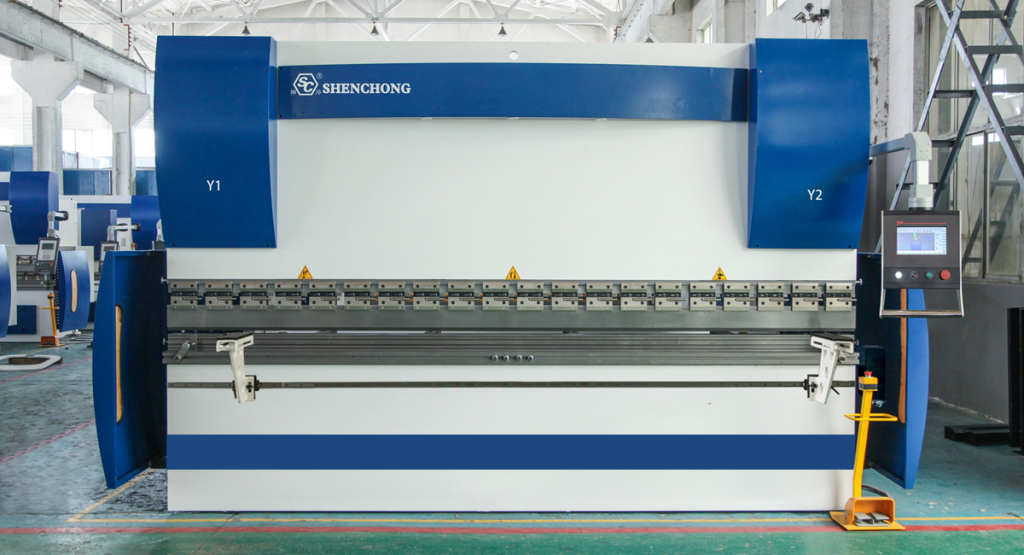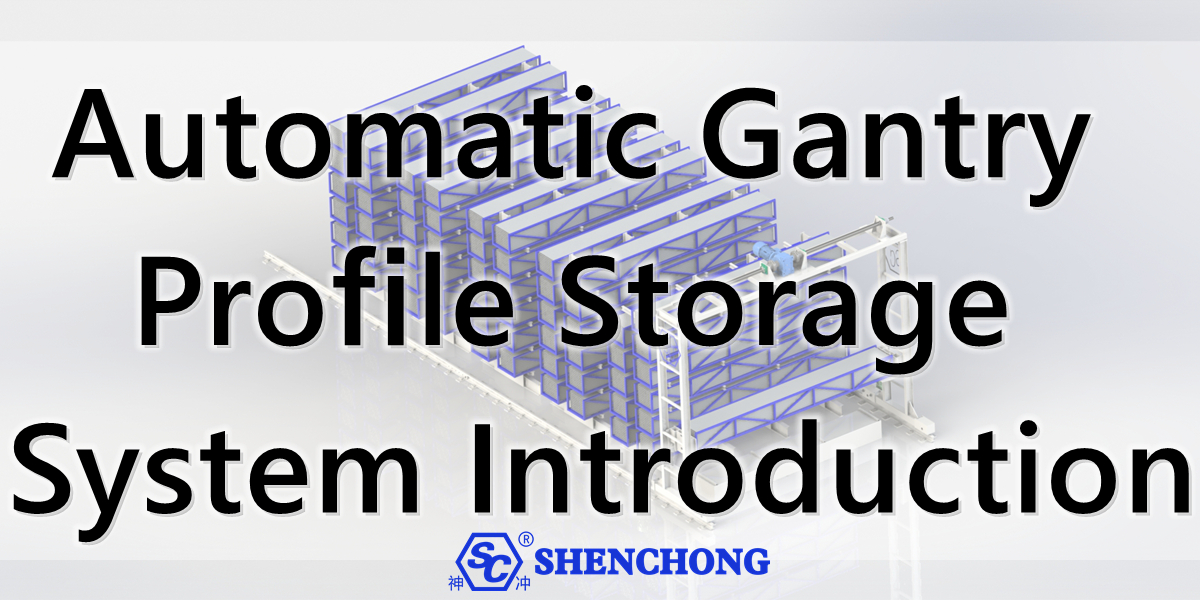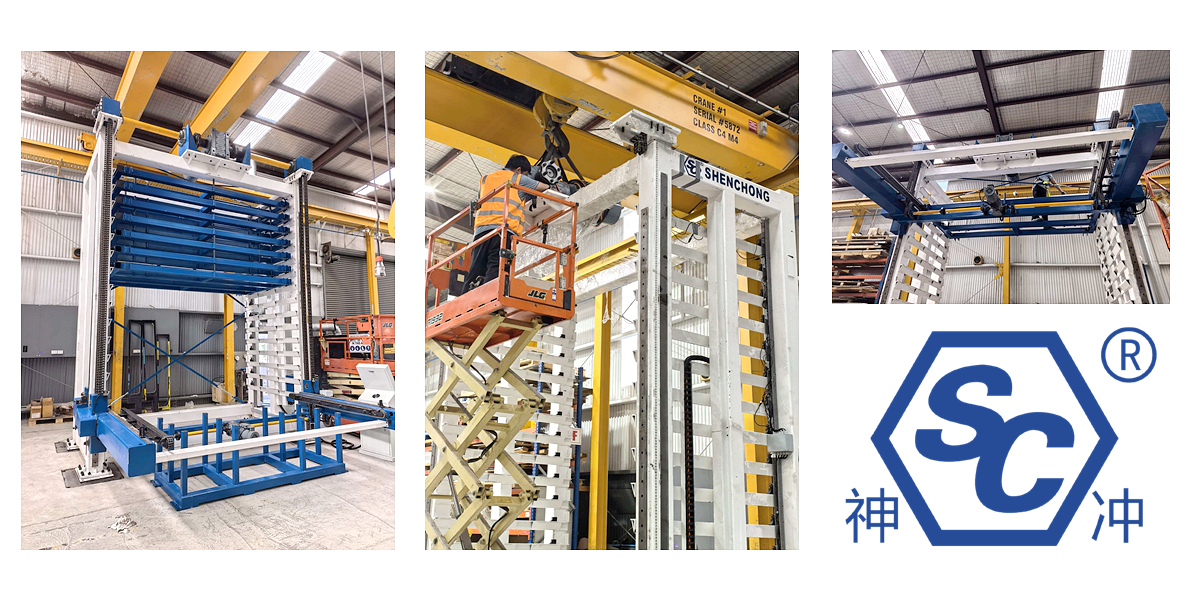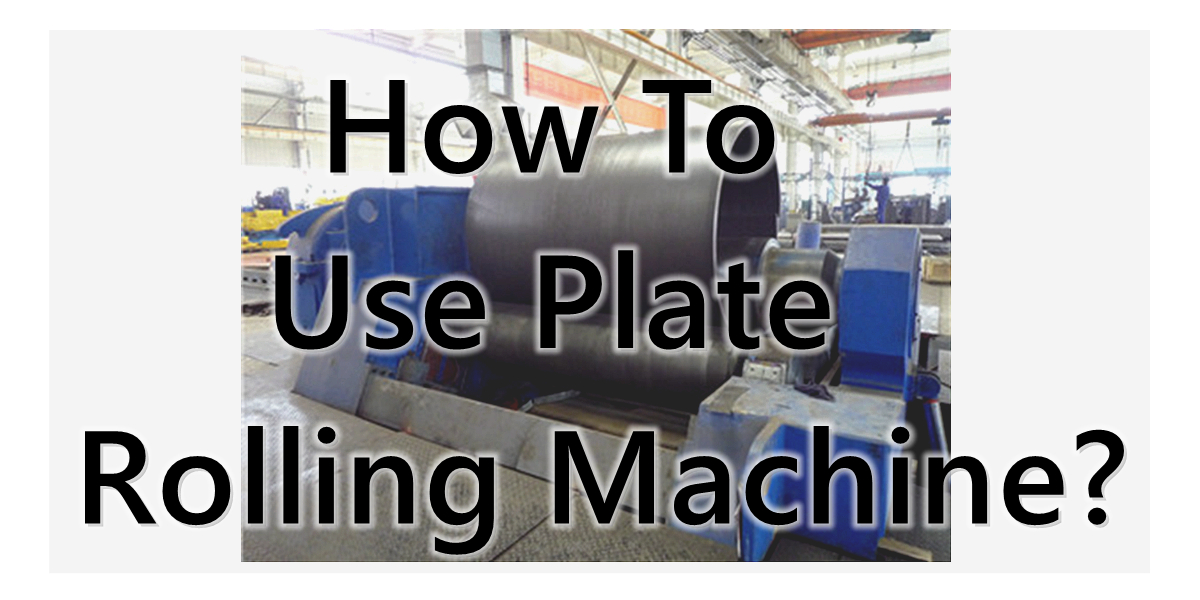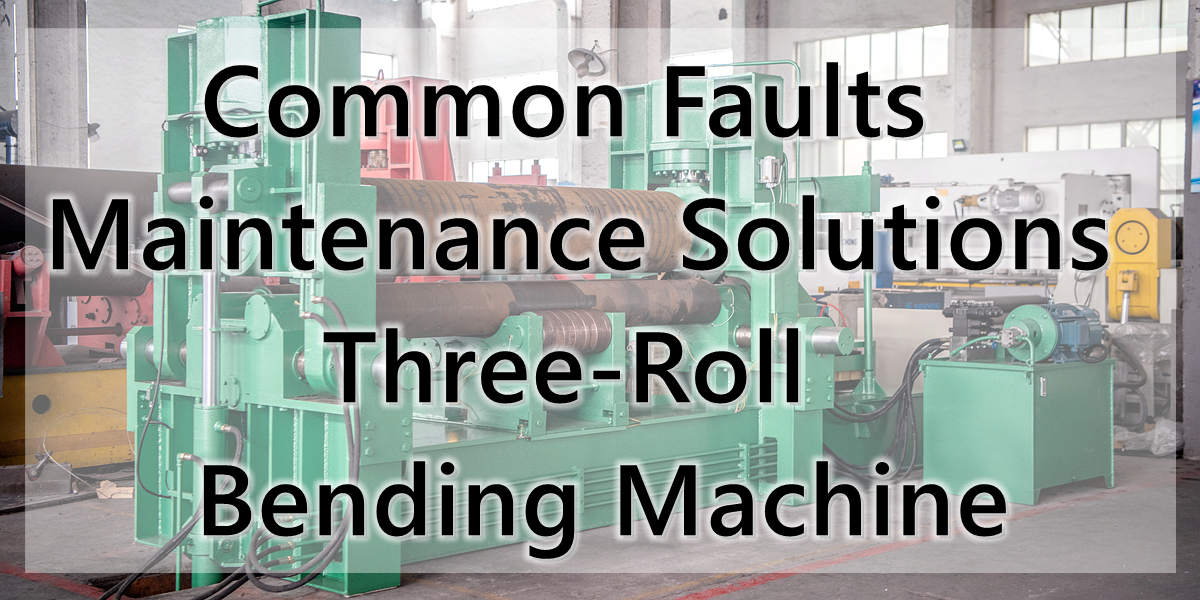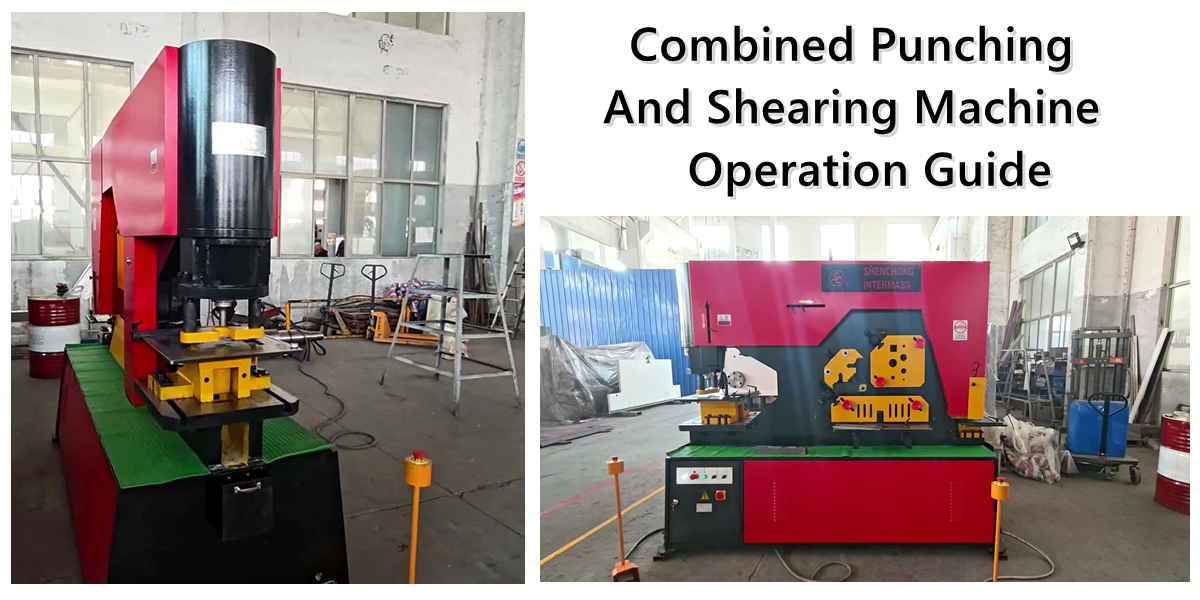Table of Contents
SC 130Ton CNC press brake for sale is a sheet metal forming equipment that utilizes hydraulic drive and CNC system control synchronously. It is primarily used for the precise bending and forming of metal sheets.
Its rated bending force is 1300kN (130 tons), suitable for bending medium-strength metal sheets such as carbon steel, stainless steel, and aluminum plates with a thickness of 0.5–8mm. Common model codes include: WEK-130/3200, WEK-130/4000, WDK-130T/3200, etc.
1. 130ton CNC press brake main technical parameters (typical configuration)
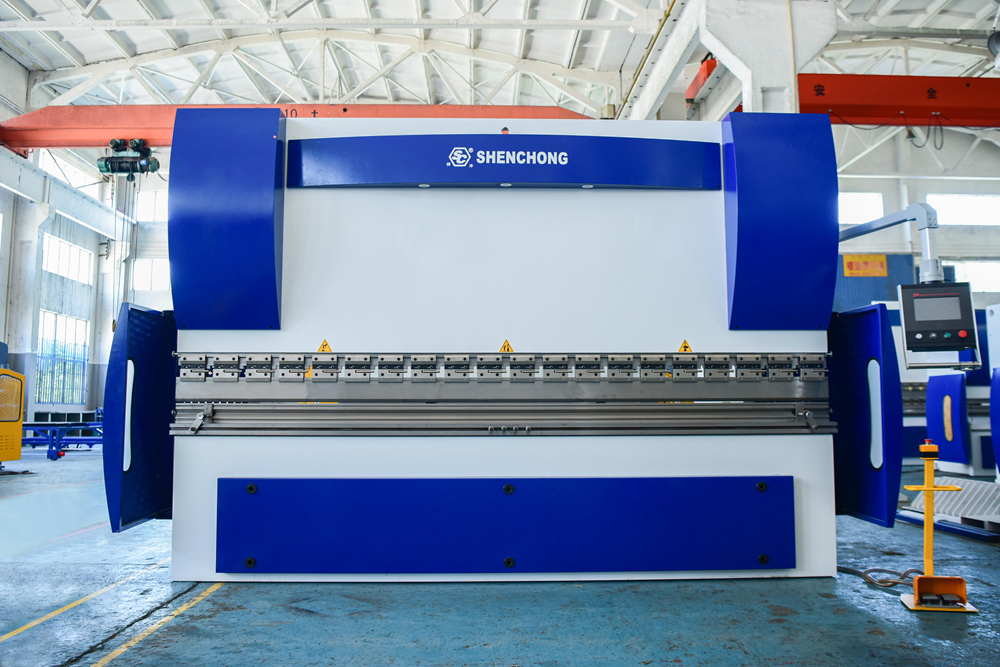
Item | Parameters |
Nominal Pressure | 1300 kN (130 tons) |
Bending Length | 3200–4000 mm |
Column Spacing | 2600–3200 mm |
Throat Depth | 320–400 mm |
Slider Stroke | 120–200 mm |
Maximum Opening Height | 380–480 mm |
Main Motor Power | 7.5–11 kW |
Control System | EL 15T, ESA630, etc. |
Main Drive Type | Hydraulic synchronization (dual cylinders) |
Repeat Positioning Accuracy | ±0.01 mm (with linear scale) |
Slider Parallelism | ≤±0.02 mm |
Machine Structure | Welded integral frame structure, aged treatment |
Back Gauge Stroke/Speed | 500 mm / 100 mm/s (servo motor drive) |
Note:
Parameters may vary slightly depending on the bending length (3 meters, 4 meters) and the control system.
2. Structural Composition and Working Principle
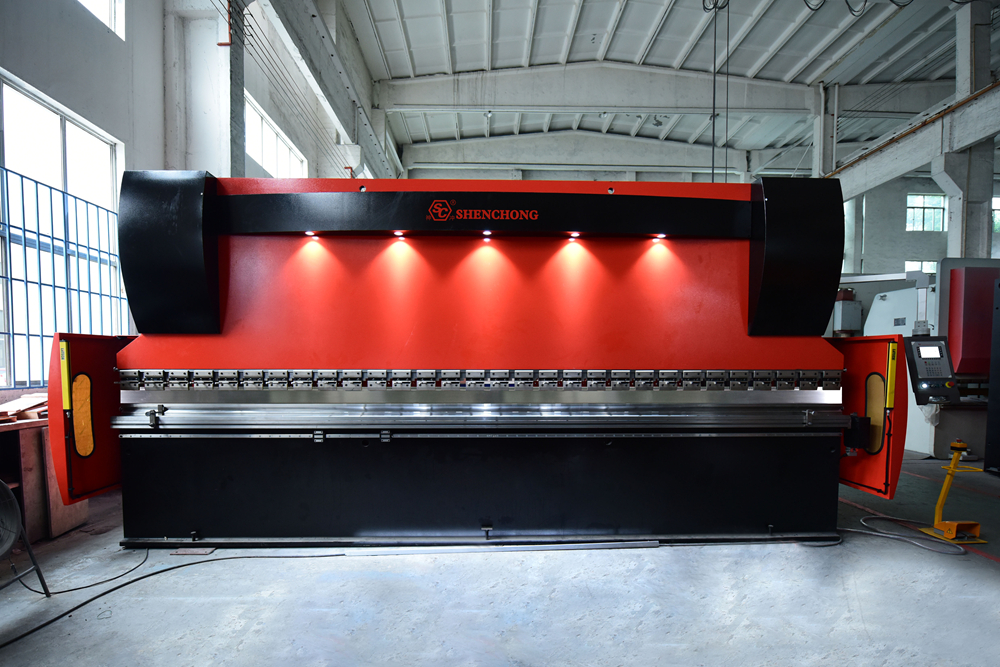
1) Main Structure
- Frame: Welded from high-quality steel plates, tempered to relieve stress, resulting in high overall rigidity and minimal deformation.
- Hydraulic System: Employs an integrated hydraulic control module with a simple oil circuit, sensitive response, and low noise.
- Slider: Hydraulically driven by dual cylinders, maintaining synchronization between the left and right cylinders via a synchronous valve or proportional servo valve.
- Worktable: Equipped with a deflection compensation mechanism (mechanical or hydraulic) to ensure consistent bending angles for long plates.
- Back Gauge System: Servo motor + ball screw + linear guide rail, providing high positioning accuracy.
2) Control System
The CNC system controls the slider stroke, bending angle, back gauge position, and bending sequence.
Common system features are as follows:
- SC-EL System: Basic control, economical and practical.
- ESA/Cybelec System: Graphical programming, 3D simulation, automatic angle correction, suitable for high-precision machining.
3. Performance And Advantages Analysis
SC 130ton CNC press brake is a medium-sized bending machine that combines high precision, strong rigidity, and high efficiency, making it an ideal mainstay machine for various sheet metal manufacturing enterprises. It achieves a good balance between performance and economy. It can be widely used for precision bending production of various metal sheets.
1) Precision and Stability
- Real-time detection of slider position by a grating ruler ensures synchronous accuracy.
- Mechanical or hydraulic deflection compensation mechanisms ensure consistent bending of long plates.
- Repeat positioning accuracy up to ±0.01 mm.
2) Convenient Operation
- The CNC system has a user-friendly interface and supports automatic multi-step bending operation.
- Quick fixture and segmented die switching improves die-changing efficiency.
- Foot switch control supports single/continuous/jog operation modes.
3) Energy Efficiency and Maintenance
- The hydraulic system uses an energy-saving motor and a high-response proportional valve.
- Integrated valve group design reduces oil leakage rate.
- Easy maintenance and highly standardized spare parts.
4) Safety Design
- Photoelectric safety protection device (optional).
- Slider downward limit and overload protection.
- Emergency stop button and oil temperature alarm system.
4. Summary
The 130 ton CNC hydraulic press brake machine for sale is a medium-sized bending machine, combining ample power with flexible processing capabilities.
It is one of the most common main models in the sheet metal industry. Its key features include:
- High bending accuracy and programmable control
- Stable structure and reliable performance
- Easy maintenance and high cost-effectiveness
- Expandable with servo, compensation, and automation functions (such as robotic arm feeding).
